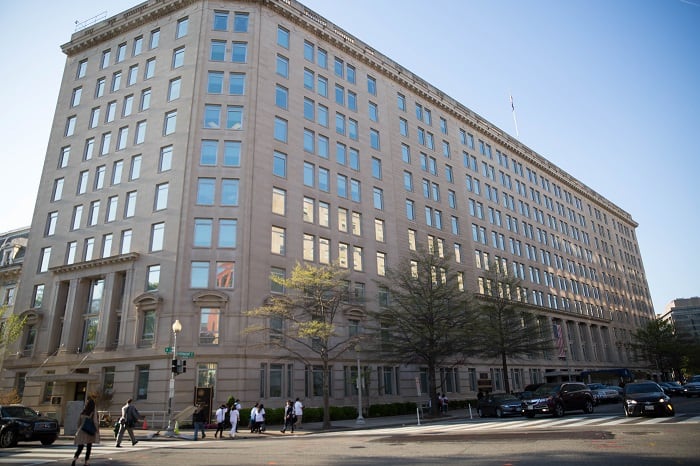This article is co-published and co-reported with the The Texas Tribune, a nonprofit newsroom that informs Texans about state policy and politics. Sign up for The Brief, its daily newsletter.
The Texas Military Department has reduced the number of troops dedicated to Operation Lone Star, Gov. Greg Abbott’s border security mission, as questions remain about its future financing.
The Dallas Morning News first reported that the state had cut the number of National Guard troops dedicated to the sprawling border security mission. Texas Military Department officials did not give a specific number for the current deployment level but said it has “over 5,000 service members” dedicated to Operation Lone Star.
Last November, Abbott declared he had deployed a total of 10,000 troops to protect the border as part of the mission. But the most troops ever assigned to the border was roughly 6,500, with thousands more supporting the mission from elsewhere, including the department’s headquarters in Austin.
The number of troops on the mission has declined since. In April, the Texas Military Department’s top leader, Maj. Gen. Thomas Suelzer told lawmakers there were 6,128 service members deployed to Operation Lone Star. In another meeting in July, he said the number had dropped to 5,751 after the department had been able to find efficiencies by contracting out construction of border fencing, shutting down a base camp and sending home about 700 service members focused on logistics.
The mission is unprecedented in its size and scale for a state deployment whose members typically are sent to help for short missions like assisting in natural disasters. It was plagued early on by complaints of low morale, poor living conditions and a lack of purpose.
In a statement on Wednesday, the military department’s public affairs staff again pointed to increased efficiencies — one of Suelzer’s major focuses after taking over the department in March — that have allowed them to send service members home.
“The Texas Military Department has over 5,000 service members in support of Operation Lone Star,” the statement read. “Through effective and efficient operations, including expanded maritime operations, roving patrols, increased fence construction and the implementation of an Unmanned Aircraft Systems (UAS) program, we have expanded capabilities while allowing some service members to return home.”
The statement also noted that “the number of personnel fluctuates based on the needs of the mission and routine rotations.”
Abbott began the mission in March 2021 after migrant encounters at the state’s southern border started increasing when President Joe Biden took office and promised to roll back some of his predecessor’s stiffer immigration policies.
Abbott started ramping up the deployment to Operation Lone Star last September, taking what had started as a voluntary force of 500 service members in March and increasing it to 2,500 that month. The next month, military leaders increased the force to 5,000 and then to 6,500 by November.
It was unclear whether the state would try to maintain that level of deployment for another year, particularly as the cost of the mission has risen so high that state officials have had to transfer nearly $1 billion just to keep it afloat this year. The most recent transfer of $495.3 million was made in April and covered the military deployment through the end of August.
But it is unclear how the state is paying for the department’s continued deployment.
Abbott’s office did not respond to specific questions about the reduction of troops and characterized the change as a “rotation.”
“Since President Biden continues failing to do his job, Texas law enforcement has rotated those assigned to the border mission to keep our states’ response fresh and efficient so the men and women serving can remain focused on securing the border and protecting Texans,” his spokesperson Renae Eze said in an email.
Davis Winkie covers the Army for Military Times. He studied history at Vanderbilt and UNC-Chapel Hill, and served five years in the Army Guard. His investigations earned the Society of Professional Journalists' 2023 Sunshine Award and consecutive Military Reporters and Editors honors, among others. Davis was also a 2022 Livingston Awards finalist.




